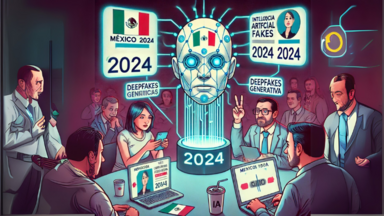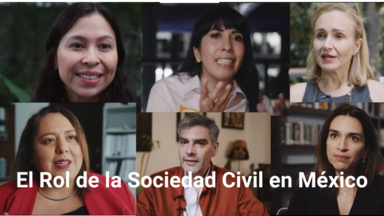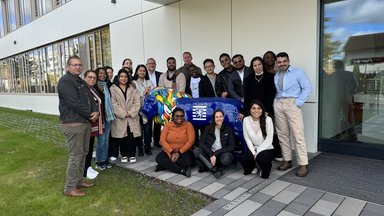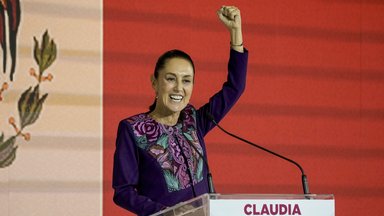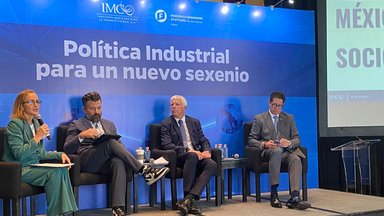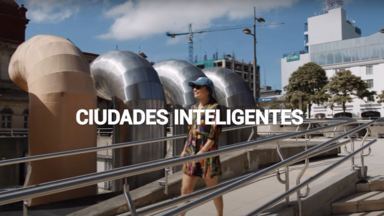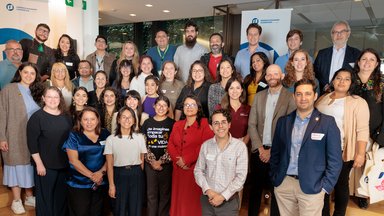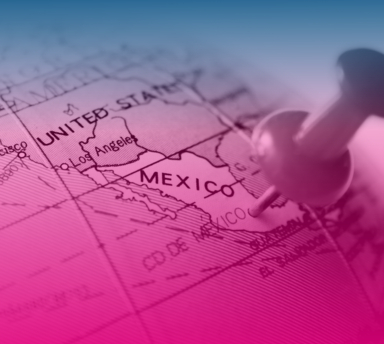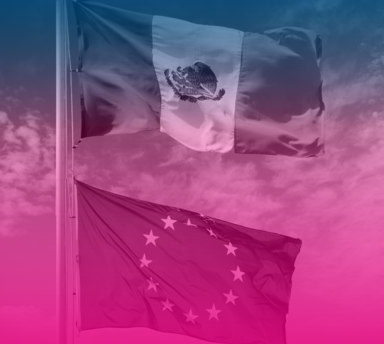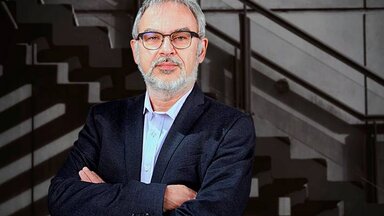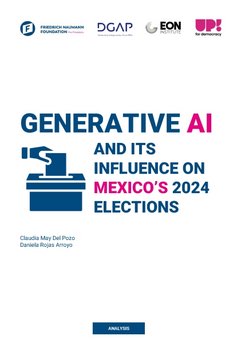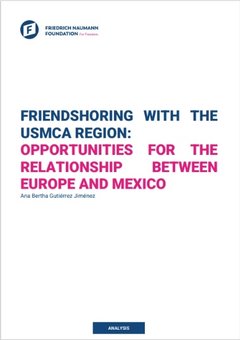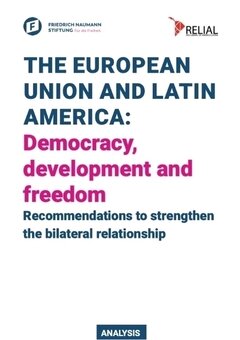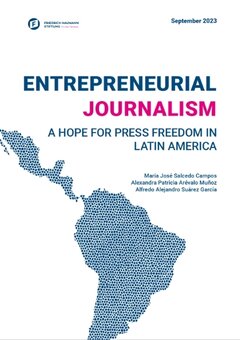Mexico City
In Mexico, FNF seeks to promote liberal ideas by fostering a market economy, the rule of law, and civic education. We work on topics such as innovation, digitization, and the open market because an innovative and open society can promote the global freedom of individuals. Development depends on the ability of people to cooperate voluntarily to transform their creativity into value for others. We work together with Mexican organizations and civil society to promote the rule of law and a stronger democracy in which human rights are defended, and where good governance is a priority.
News
-
Denuncia.org: 5 years promoting access to justice
Denuncia.org marks five years of supporting victims in Mexico, providing clear information to report crimes and showing that citizen-led innovation can break the cycle of impunity.
-
Five years driving innovation and entrepreneurship in Mexico
Report by Centraal and the Friedrich Naumann Foundation on the specific challenges faced by diverse entrepreneurs in Mexico. It analyzes barriers for women, the LGBT+ community, and migrants, offering practical recommendations to create an inclusive ecosystem and strengthen their economic development.
-
The US’ Economic Future in the Era of AI
This report analyzes the economic impact of artificial intelligence (AI) in the United States (U.S.) amidst a significant policy shift under the Trump-Vance administration, which prioritizes competitiveness and national security over previously emphasized principles of responsible AI. Drawing on insights from U.S. policymakers and experts, it explores three key areas: the strain AI places on energy infrastructure, its disruption of the labor market, and the challenges of governance in the absence of strong federal regulation. The report concludes by urging a coordinated, whole-of-economy approach to AI—focused on clean energy, inclusive labor strategies, and adaptive, risk-based regulation to ensure broad-based economic resilience and prosperity.
-
Federalism: A Force for Innovation, Democracy, and Regional Power?
In Germany, we discovered that like in Mexico, municipalities also bore the real costs of migration and integration, managing housing, healthcare, and education. Perhaps, federalism is an abstract concept, like freedom, that we rarely value, until it is completely lost
-
Decoding the New Course of AI: Insights from an International Delegation in the U.S.
If there’s one question on everyone’s mind today, it’s: what is happening in the world of Artificial Intelligence (AI)? A recent initiative by the Friedrich Naumann Foundation helps shed light on this pressing issue.
-
AI and it's influence in Mexico's 2024 elections
Generative AI Transformed Mexico’s 2024 Elections: From Deepfakes to Digital Campaigns. Threat or Innovation for Democracy? Discover Its Impact and Future Challenges
-
The Role of Civil Society in Mexico
Las organizaciones de la sociedad civil desempeñan un papel clave en la democracia, la transparencia y la defensa de los derechos humanos.





